From Ming Hsu 美国常春藤教育

点击标题,复习“上卷”:
速发连环招,智破“蚁”阵 | 升学专家的“闯关秘籍”(上卷)
不管用什么常见方式衡量,James的英语语言能力都相当优秀(托福免考,ACT的“英语”部分和“阅读”部分分别考了34和35分,SAT II “英语文学”考了700分高分,而在这些考试之前他都没做太多准备)。
但不知道为什么,他的文书写作总是差强人意——也许是因为他之前长时间专注于学术写作,又或者是因为他的思维方式本来就这么复杂——在我看来,“思维复杂”跟“思维混乱”没有区别。他写的东西,尽管没有语法错误,但行文晦涩、冗长啰嗦、思维散乱、漫无边际,总试图同时探讨多个主题——勇气可嘉,但会令读者感到很崩溃——这是撰写个人陈述的“原罪”,至少在申请美国大学时是如此(英国大学对这个问题则持不同态度,英美两国的个人陈述几乎可以说不属于同一个文体。)
为了让James能尽快找到一个合适的话题来起草申请美国大学的主文书,许多人都给他提供了帮助,我这有一长串的致谢名单。我首先要感谢Anya——我们Ivy Labs的写作大神和文学参谋(也是一流的国际象棋大师——绝对是治思维混乱之毒最有效的解药),她总是出口成章。
我所知道的另外一位有如此神力的人叫Sam Harris,神经科学家、哲学家兼畅销书作者,酷爱探讨当下最受争议、最棘手的话题(我跑题了呃……不过他的文章值得一读,你们自己上网搜搜吧,我是认真的)。
在接下来的两周中,我们就文书选题进行了大范围、高强度的讨论,我管这叫“焦点头脑风暴时段”。我们的思绪不断地穿梭在交错的时空中,从斯里兰卡绚烂落日下的海边木屋,到圣诞节时东莞的基督教戒毒所;从奥斯维辛当地博物馆所陈列的那堆积如山的大屠杀幸存者衣物,到布莱顿食堂餐桌上的一瓶薰衣草。
薰衣草纤细而笔挺的花茎上那纯洁无瑕的紫色花蕾让James突然灵感迸发,找到了主文书的话题:“美”——物质及精神上的美,尤其是那种超越理性与逻辑的美,也就是法国数学家、神学家布莱兹·帕斯卡尔(Blaise Pascal)所说的那种心灵可感知而“理性无法理解”的东西。
James一直以来都喜欢“好看的东西”,很多人觉得这样很“娘”。但正是这种令人伤脑筋的特性让他的成长经历与众不同——他总是先质疑、反驳人们对美的定义,而后才发现自己及他人身上的美。
James提出这个话题时,大家的意见两极分化,Ivy Labs文书终审委员会的不少导师都投反对票,认为这个话题过于私密,而James没有必要把自己的弱点与痛处和盘托出。但最关键的是,初稿里的几个小故事带有几分“恐同”的意味(当今美国最敏感、最具争议的话题之一),就怕有人会抓住这点,说James有性别歧视。
尽管如此,我们仍然决定冒这个险;说到底,这毕竟是James的申请、James要写的故事和James心目中最真实的自己。除了他自己,没有人可以代替他做任何决定。
然而,这个决定也许并没有我们所想的那样冒险;相反,James也许歪打正着地找到了通关的“密道”入口。
事实上,近年来的心理学研究证实了所谓“‘美丽的混乱’效应”(the beautiful mess effect)的社会效益,这一点被休斯顿大学教授布芮尼·布朗博士(Dr. Brené Brown)写进了她的畅销书《脆弱的力量》(Daring Greatly: How the courage to be vulnerable transforms the way we live, love, parent, and lead)中,从而被大众所熟知。
布朗博士写道:“我们乐于看到他人的坦诚与其最真实的一面,却不愿意向他人袒露自己的一丝一毫……他人身上的脆弱叫勇气,而自己身上的脆弱就只能叫缺点。”因为,在人们如何看待自己的脆弱(如James)和他人对此如何解读(如招生官)之间是有偏差的——自己看来糟得一塌糊涂的东西(缺点、弱点、不足)在别人眼里可能正是其个人魅力所在。
毕竟,大家都喜欢听“败犬逆袭”的故事嘛。这些瑕疵不会害得我们被当场取消参赛资格或者令我们看起来很弱鸡;恰恰相反,这些小斑点让我们看起来更真实、接地气,更确切地说,这是我们生而为人的证据。
但在你向他人透露心底最大的秘密或者将你做过的那些蠢事对全世界宣布之前,你要知道,正如不少经过同行评审的科学研究一样,上述的心理学研究也涉及许多相关条件与假定(感兴趣的读者可以看看布朗教授的书,我便不在此赘述),所以不要过分套用它的结论。
当两位申请者其他方面的条件相当时,美国大学会优先考虑与学校契合度更高的那位。所以,在文书中讲述自己的故事时(尤其是那些能全方位切实体现个人特质与品格的故事),务必力求真实,其中对缺点、弱点等的描写能使你的个人形象更加饱满、立体、鲜活。因为这样做,也仅仅只有这样做,你才能知道你跟某间大学是否合适对方。即使你被这间大学给拒了,你至少也算是帮了你自己和学校一个大忙——三观不合莫强求,省得日后鸡飞狗跳、苦痛无边(婚姻亦是如此)。
既然James已经找到合适的话题,那么我,作为升学顾问,就只需要协助他将文书写得尽量深刻、细腻,同时保留他的独特口吻(编者:关于这一点,请点击标题,复习“文书季 | 让孩子学会与自己对话——Ming老师的文书指导故事”)。从这个角度看,真实地展现自己不仅是一条正路、也是唯一一条能令申请者脱颖而出的路。
就James这个案例来说,不管他手里握的是什么牌,若能打得妙,回报也相当丰厚。
负责James所在地理区域的招生官代表给James写了一封私人信件(哥大将它和正式的录取信一起寄给了James):
“我是第一个读你申请材料的人,我一直竭尽全力地向招生委员会推荐你……
在审阅材料的时候,我们所物色的人选不仅仅是课业成绩拔尖的好学生,还必须是好公民——善于思考、具有领袖才能,曾在艺术、科学、运动和人文等方面为社区做出贡献、提升社区生活质量。
我无法承诺给你漫山遍野的薰衣草,但我可以承诺给你不计其数的书本和成千上万跟你一样爱学习、爱思考、爱讨论的同学。
招生委员会和我都认定你和哥大简直是‘天作之合’。”
这真是一个皆大欢喜的决定!

就James这个案例来说,不管他手里握的是什么牌,若能打得妙,回报也相当丰厚。
负责James所在地理区域的招生官代表给James写了一封私人信件(哥大将它和正式的录取信一起寄给了James):
“我是第一个读你申请材料的人,我一直竭尽全力地向招生委员会推荐你……
在审阅材料的时候,我们所物色的人选不仅仅是课业成绩拔尖的好学生,还必须是好公民——善于思考、具有领袖才能,曾在艺术、科学、运动和人文等方面为社区做出贡献、提升社区生活质量。
我无法承诺给你漫山遍野的薰衣草,但我可以承诺给你不计其数的书本和成千上万跟你一样爱学习、爱思考、爱讨论的同学。
招生委员会和我都认定你和哥大简直是‘天作之合’。”
这真是一个皆大欢喜的决定!
那么,如果James现在依旧不完美、依旧喜爱追求美的事物呢?有关系吗?太有关系了。因为,没有什么比能够正确地看待和接纳自己更实在、更重要、更需要勇气。正如洛福斯·文莱特(Rufus Wainwright)所唱的(James在他的主文书中也引用了以下这段歌词):
所有这些美丽的东西啊
(And all these pretty things)
别说你对他们也视而不见
(And don’t say you don’t notice them)
说到这里,请先让我转移一下话题(就说一点点,不过必须得说说)。你刚才注意到招生官区域代表在那封私人信件里提到“我一直竭尽全力地向招生委员会推荐你”这句话了吗?
通常,招生委员会是否决定录取你,归根到底要看招生官区域代表(申请材料的“第一读者”)有多卖力地向招生委员会推荐你。区域代表不会在技术问题(标化考试分数、GPA、甚至是你苦苦追求的领导力等等)上下功夫;他们要打出的“王牌”是你的故事以及这些故事所展现出来的个性——没有什么比一个极具感染力的故事更能打动人且令人难忘。
这让我想起美国诗人、歌手兼黑人女性人权运动家玛雅·安吉罗(Maya Angelou)的一句话:“我渐渐明白,人们最终会忘记你曾经说过的话、做过的事,但人们永远不会忘记你带给他们的感受。”所以,撰写申请文书的关键在于,要通过文字给招生官留下一些特别的感觉——直戳人心、令人印象深刻的、富有黏性的感觉,让招生官在一天之内读了几百篇申请文书后还能清晰忆起你的故事、你的个性的感觉。
想赢,就别让招生官们的日子过得太舒服,让他们为你据理力争吧。给他们充足的理由和激情,让他们不由得摩拳擦掌、为你而战吧。
好了,James的故事就说到这里。关于如何辅导像James这样的学生,我总结出以下几条主要思路:
1)尽早规划。James很早就开始为升学作准备,所以他有充足的时间去阅读和思考,去试错并改正,去寻找学术兴趣、调整专业方向、增加课外活动的深度,在提升学术素养的同时、令身心也获得成长。对于大器晚成的学生来说,最后一点尤为重要。
2)眼光放长远。由于社会上关于升学的信息过于饱和、但可信度不一,越来越多的家庭对升学中的细节问题变得非常敏感,一点点风吹草动就能令他们神经紧绷,但过度在意细节会令人焦虑值大涨,困扰徒增。
3)保护好奇心。父母要在家中营造一种积极的氛围、培养孩子对学习的热情,让孩子们能够为了获取知识而学,而不是为了完成任务而学,否则会扑灭孩子们对知识的好奇心。好奇心的重要影响贯穿人的一生——在申请大学、求职面试、社交活动等各种场合,一个有趣的灵魂都能给人留下深刻印象。
4)注重学习过程。千万别把“上大学”看作是达到某种具体目的的手段。“读书”到底“有用”还是“无用”?这里涉及的各种关系说不清、道不明,也没有任何可信的数据支持。其实这个问题根本不值得讨论。“读书”应该是一个长期的、没有终点的过程。
5)克服“选择困难症”。如果你陷入无休止的“分析”与“反证”中无法自拔,感觉被这些强迫性的念头紧紧扼住、濒临窒息(例如,无论做什么都要先对相关信息由头到尾大肆分析一番、将其中的逻辑推到极致,并以此为基础来做决定),那就得找一个你信得过的人(通常是某方面的专家),征求他的意见,并按他的话来做。这总比停滞不前或由于害怕作出错误的决定而不作决定要好得多。
6)分清主次。虽然辛苦之余需要放松,但切记你的主要任务是什么,别玩物丧志。美国教育家史蒂芬·柯维(Stephen Covey)曾经说过:“最重要的事就是始终将最重要的事当作最重要的事。”
最后的最后,是写给未来的James和想成为下一个James的学生们的一些话:
写文书是一件很辛苦的事,这一点没人会否认。这就是为什么一开始时你大可以像婴儿学步一般缓慢前行,也可以先牵着大人的手,但切忌怀疑一切、打倒一切、把所有东西都说成是“陈词滥调”。因为这样做只会得到两个结果:你认定你的人生平淡无奇、尽是些鸡毛蒜皮、不值得写进文书的经历——这其实是自己吓自己,把原本有望发展出一篇好文书的小灵感都给吓没了;这样做,你不仅不尊重自己的能力,也不尊重像我们这样真心想要帮助你的人。最糟糕的是,这种想法非常不健康,会令人越来越消极。
所以,我会开出这样的“解药”,以便让像James这样的学生从压抑的自我意识中解放出来:这是一种“合剂”,包括多接收鼓舞士气的话语,立下各种阶段性小目标、给需要完成的任务设定最后期限(并严格按照计划行事),加上进行大量有条理的自由写作练习(free writing)和思考实验(thought experiments)。
如果以上这些都解救不了你,那么,在你起草文书之前,请先跟我一起把下面两句“真言”各念三遍:
完美是优秀的天敌。
一篇优秀的文书首先必须是一篇写完了的文书。
到这里,我的这篇文章也写完了。
See, James’ mastery of English was excellent by any conventional measures (for example, he was waived of TOEFL and managed to get a 34 on English and 35 on Reading for the ACT, and a respectable 700 on his SAT II English Lit. test, all without much preparation.) But for some reason, his writing just left much to be desired – perhaps as a direct result of him being steeped in academic writing for too long or his natural proclivity for the convoluted, which to me really just means muddled thinking.
Regardless, although the pieces he produced were consistently grammatical, they were all very dense and tended to be longwinded and unfocused, attempting to juggle multiple thematic threads at once – ambitious and commendable, but also highly reader-unfriendly – a cardinal sin for the Personal Statement, at least in the US context (the UK variety on the other hand is different enough to warrant a distinct genre and possibly a separate discussion in and of itself).
To help James settle on a topic for his CommonApp main essay, I here have a roster of names to give thanks to for contributing ideas and time, especially Anya – our in-house writing guru and trusted literary consigliere (and an internationally ranked chess grandmaster no less – a sure antidote to any unclear thinking) who is one of two human beings I know of who speak in finished prose, the other being Sam Harris, a best-selling neuroscientist and philosopher who revels in taking on some of the most controversial and pressing issues of our times, but I digress (look him up though, seriously).
For the following two weeks, in between these wide-ranging rapid-fire exchanges of ideas that I call “focused brainstorming sessions”, where we traveled from the steps of a wooden beach house in Sri Lanka under the marigold-fading-into-cobalt sky to a Christian drug rehabilitation center during Christmas in Dongguan, Guangdong Province; from a local museum in Auschwitz where mountains of the Holocaust survivors’ hair and shoes were on display to finally a vase of lavender resting on the dinner table back at Brighton College. There, a stream of internal monologues reflecting on these innocent-looking buds of purple ascending on thin and upright stems helped home in on James’ PS topic – beauty, both physical and metaphysical, but especially the kind that seems to defy logical reason, or what French mathematician and theologian Blaise Pascal liked to describe as the heart’s reasons “of which reason knows nothing.”
To backtrack a bit, James has always been attracted to “pretty things”, that is things many would consider “girly”. It was this vexed relationship with “pretty things” that spooled out a deeply personal and vulnerable coming-of-age story that interrogated and wrestled with the definition of beauty before finding it in himself and in others.
When first proposed, this topic was polarizing and had raised quite a few eyebrows amongst our essay committee members for its rawness that border-lined unnecessarily confessional. But most importantly, the original draft contained vignettes that were tinged with homophobia and could be argued by some to be vaguely sexist – still touchy and regrettably controversial issues in contemporary America. But we decided to take the risk and go with it because this was ultimately James’ application, his story, and his truth. No one gets to pick for him but himself.
But the decision might not be as risky after all; and counterintuitively, it might have proven to tip the scale in James’ favor. In fact, recent psychological research bears out the social benefit of what’s called “the beautiful mess effect”, popularized by the book Daring Greatly by Dr. Brené Brown, a research professor at the University of Houston. According to Dr. Brown, “we love seeing raw truth and openness in other people, but we are afraid to let them see it in us … Vulnerability is courage in you and inadequacy in me.” Because, there’s often an intriguing mismatch between how people (James in this case) perceive their own vulnerabilities and how others (gatekeepers, aka AOs at selective schools) interpret them – what people consider to be a mess (personality flaws, inadequacies, or weakness) might actually come across as alluring and courageous to others.
After all, everybody loves to root for the “underdog” and hear a good “rags-to-riches” story. These imperfections don't immediately disqualify us or make us look weak; quite the opposite, these blemishes make us relatable, and more to the point, they make us human. But before you start divulging your deepest secrets or broadcasting your most humiliating blunders to the whole world, please know that, as with most peer-reviewed scientific research, there are caveats to this study as well (read the book if you’re curious about what they are. I won’t sidetrack here).
At the same time, given the premium private US colleges place on the “fit” factor these days when weighing otherwise equally qualified candidates, it’s doubly important for applicants to be truthful about their experiences and the stories they choose to tell, especially when these stories reveal integral and meaningful aspects of who they are as individuals, not in spite of, but preciously because of the warts and all. Because this way and only this way, even if a school rejects you, at the very least can you know that you’re doing both yourself and the school a big favor by saving the struggle of forcing a pairing that’s never meant to be in the first place (the analogy to matrimony here may not be the most apt, but you get my point).
Now, my job as a counselor was simply to help James tell the story in the most thoughtful and nuanced way possible while preserving his unique voice, the latter of which I’ve written about at length before. Viewed in this light, apart from it being the right thing to do, being truthful about your truth is in fact the only way to stand out.
When the match is good, as was the case for James, the reward can be handsome!
Below is an excerpt of the personal letter from the AO in charge of James’ region (James got it as part of the physical package Columbia mailed out together with his official admissions letter):
“I was the first person to read your application, and I spoke about you at great length during the committee process…
When reading applications, we look for candidates who are not only great academicians, but who are also true citizens of the world – thinkers and leaders who have enriched their communities with their artistic, scientific, athletic, and humanitarian contributions…
I can’t promise you fields of lavender, but I can promise you stacks of books and thousands of classmates ready to discuss and debate them…
The admissions committee and I agree you are an amazing match for Columbia.”
A mutually salutary decision indeed!
So now, what if James is still imperfect?
And what if James still likes pretty things?
So what? Big deal. Because at the end of the day, nothing is more real, of more consequence, and takes more courage than being able to truly see and accept yourself for who you are.
As Rufus Wainwright sang (and James wrote in his PS):
And all these pretty things
And don’t say you don’t notice them
Now, let me take a quick but necessary detour here. Notice the AO talked about how he “spoke about [James] at great length during the committee process”?
See, a lot of times, the decision whether or not to admit an applicant ultimately boils down to how passionately and the extent to which your regional AOs are willing to advocate for your candidacy when the committee convenes for a vote. And guess what? It’s not the mechanics of your application, certainly not your standardized test scores, nor the numbers on your transcript, not even that leadership role you worked so hard towards that AOs will fight for; but the stories and the person you are becoming on the cusp of adulthood as told through these stories. Nothing fires them up more than a personally impactful and memorable life story. On this, I often think of a quote by the American poet, singer, and civil rights activist Maya Angelou: “I’ve learned that people will forget what you said, people will forget what you did, but people will never forget how you made them feel.” Though the quote is taken a bit out of context, the point is still clear.
So, let’s make the AOs feel something, something so poignant and sticky that when they have finally wrapped up for the day after reading literally hundreds of essays, they can still remember your stories and you. Let’s not make the lives of AOs easy. Let’s make them debate and fight for our students. Let’s give them the reason and the energy to don their boxing gloves!
OK. Enough of James’ personal stories. Now, a couple takeaways on how to work with students like James, as many of you are probably curious.
1) Start early, as James did, so there is enough time to read and reflect, to make mistakes and then course-correct, to fine-tune academic interests and deepen extracurricular passions, to explore intellectually and grow emotionally. The last point is especially salient for late bloomers.
2) Take the long view. Getting too caught up in the nitty-gritty details of anything is just a surefire way to crank up your anxiety level – too risky a proposition for families prone to neuroticism, which I’ve seen to be on the rise lately with the over-saturation of information of varying degrees of trustworthiness.
3) If you are a parent, cultivate in your household a love of learning for the sake of learning, rather than beating your kids into academic submission while crushing the spark of genuine intellectual curiosity. The spark is important and it comes across – in college essays, job interviews, in relationships, and what have you.
4) Relatedly, and I think it’s worth repeating here. Please do not treat a college education, and by extension, learning in general like a means to an end, simply because statistics doesn’t really substantiate the “means”. The link here is messy at best, illusory at worst. And there is no end.
5) If you are suffering from paralysis by analysis or feeling suffocated in the tight grips of habitual reductio ad absurdum (i.e. the tendency to take things to their logic extreme and making decisions based off of that). Get the opinions of someone you trust and just go with it. Many times, it is so much better than stalling or avoiding decision making due to a fear of making the wrong one.
6) Lastly, while it’s important to have some fun along the way, please keep your eyes on the ball and don’t get distracted too far off track. Just remember, a mortal sage once remarked: “The main thing is to keep the main thing the main thing.”
Last last words to future “James” and James-wannabes.
I know writing essays is hard, and no one said it’s going to be easy. Which is why baby steps are perfectly fine, so is some initial hand-holding, but please quit second-guessing everything and calling everything “a cliché”. Because that only achieves two things: you psyched yourself out of any potentially good essay topic by believing you don't have experiences worth writing about; at the same time, you just disrespected your own intellect, and those of us who were trying to help you. Worst of all, it’s really harmful to your mental well-being.
To that end, the antidote I prescribe is a combination of pep talks, many small milestones and hard deadlines (and accountability to make them count, which should go without saying), plus a lot of structured free writing exercises and thought experiments to liberate such students from their stifling self-consciousness.
If all fails, just repeat after me the following mantras three times before you begin a draft:
Perfection is the enemy of the good.
A good essay is a finished essay.
And with that, I am finished, too (no pun intended).



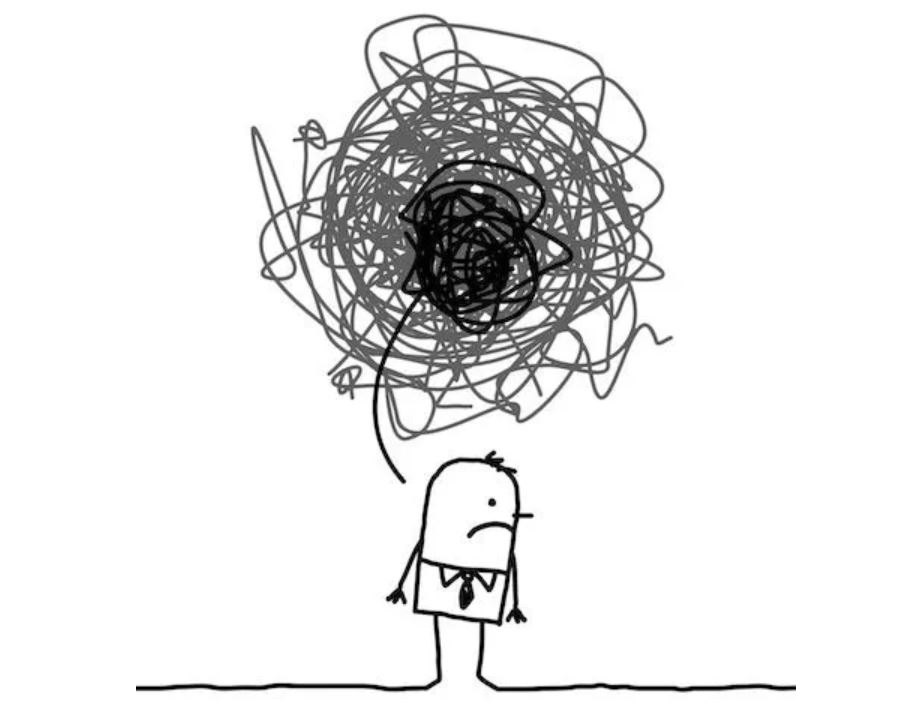
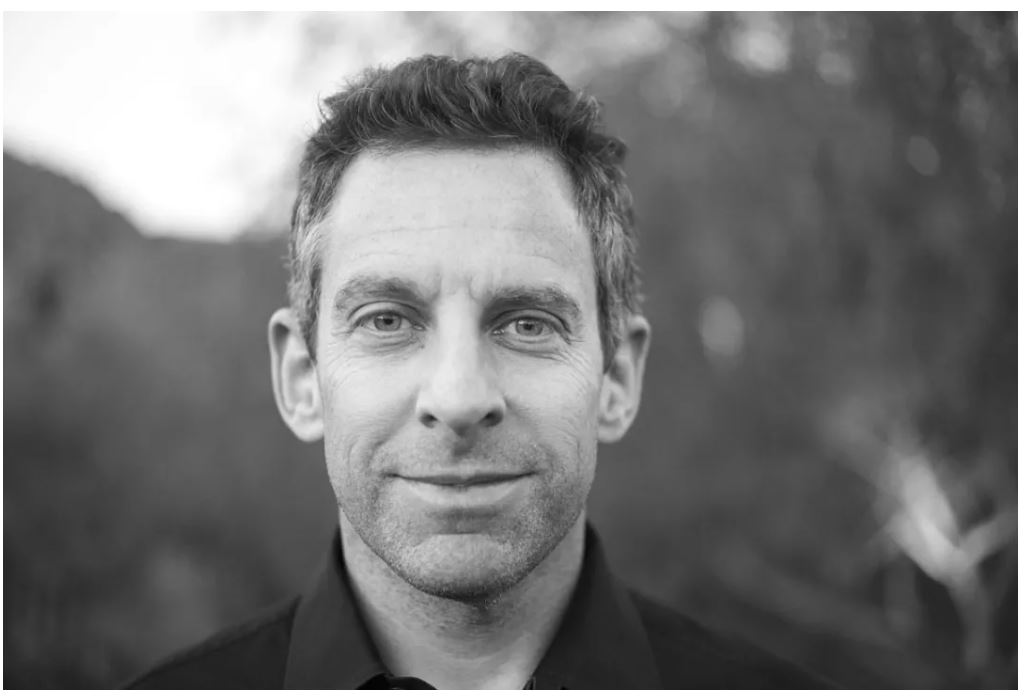
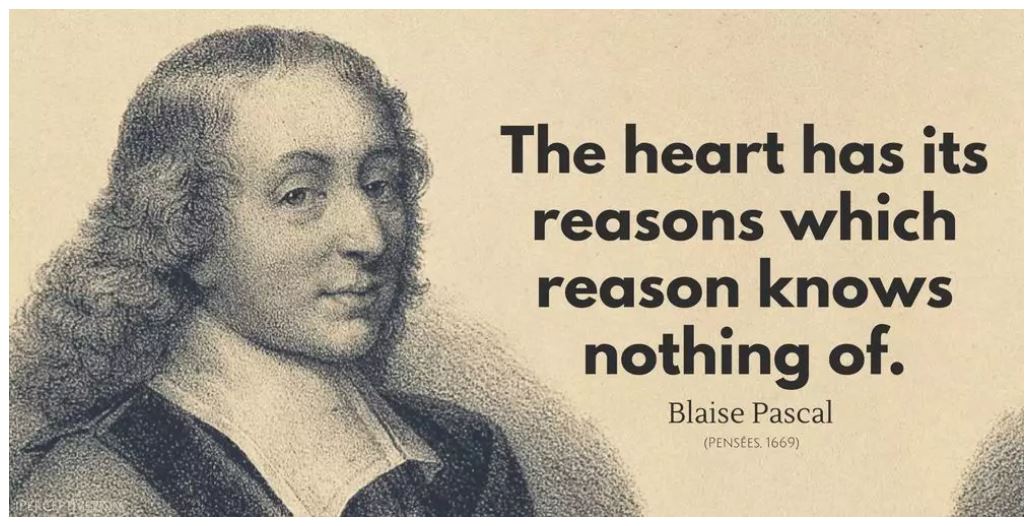
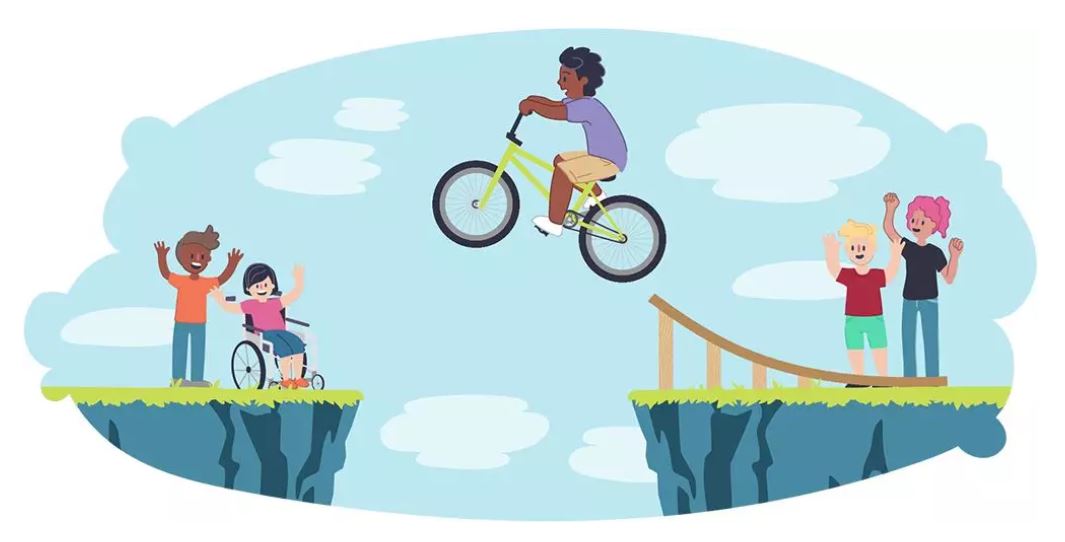
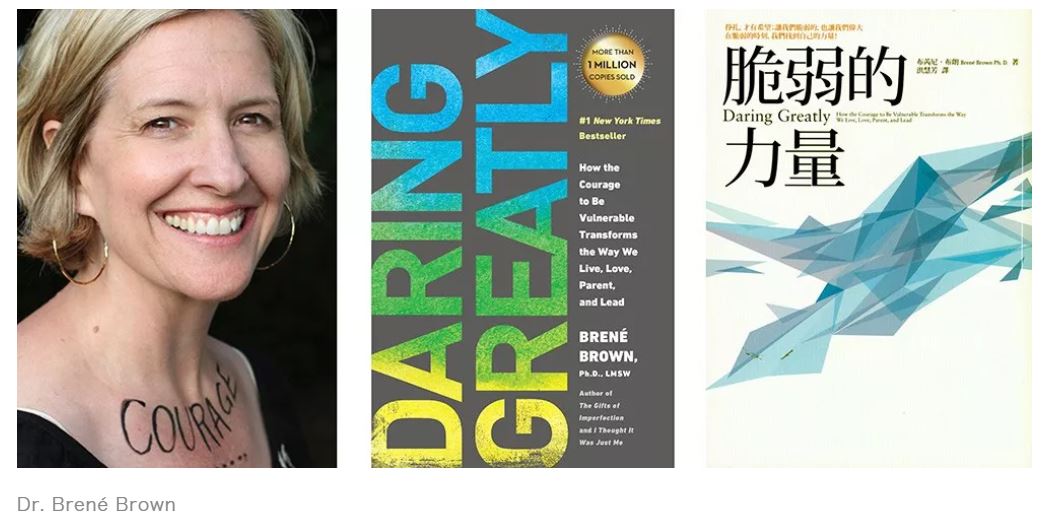
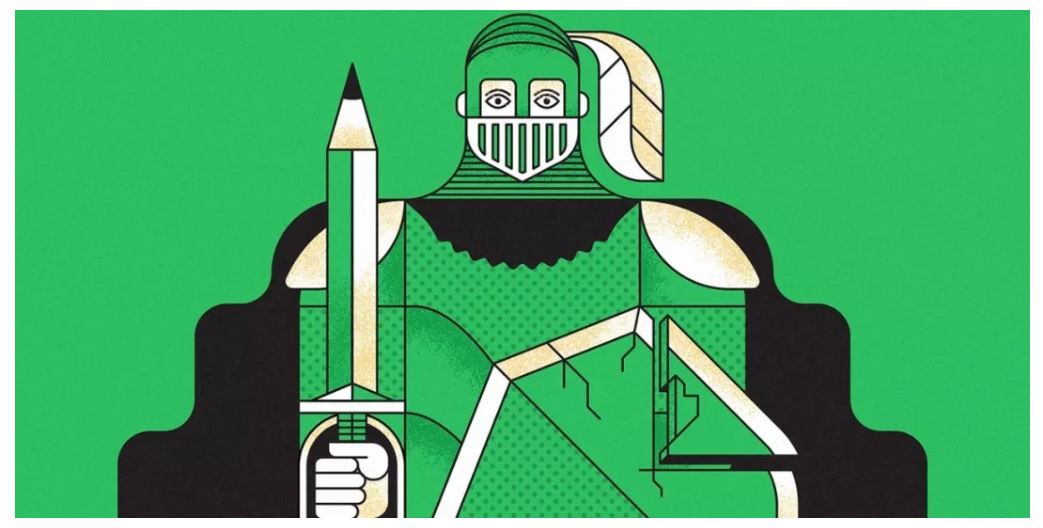
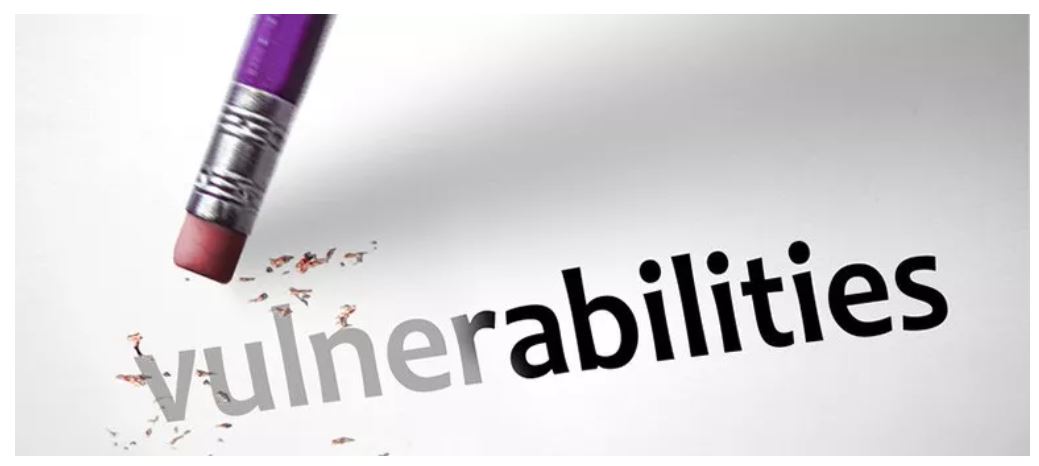
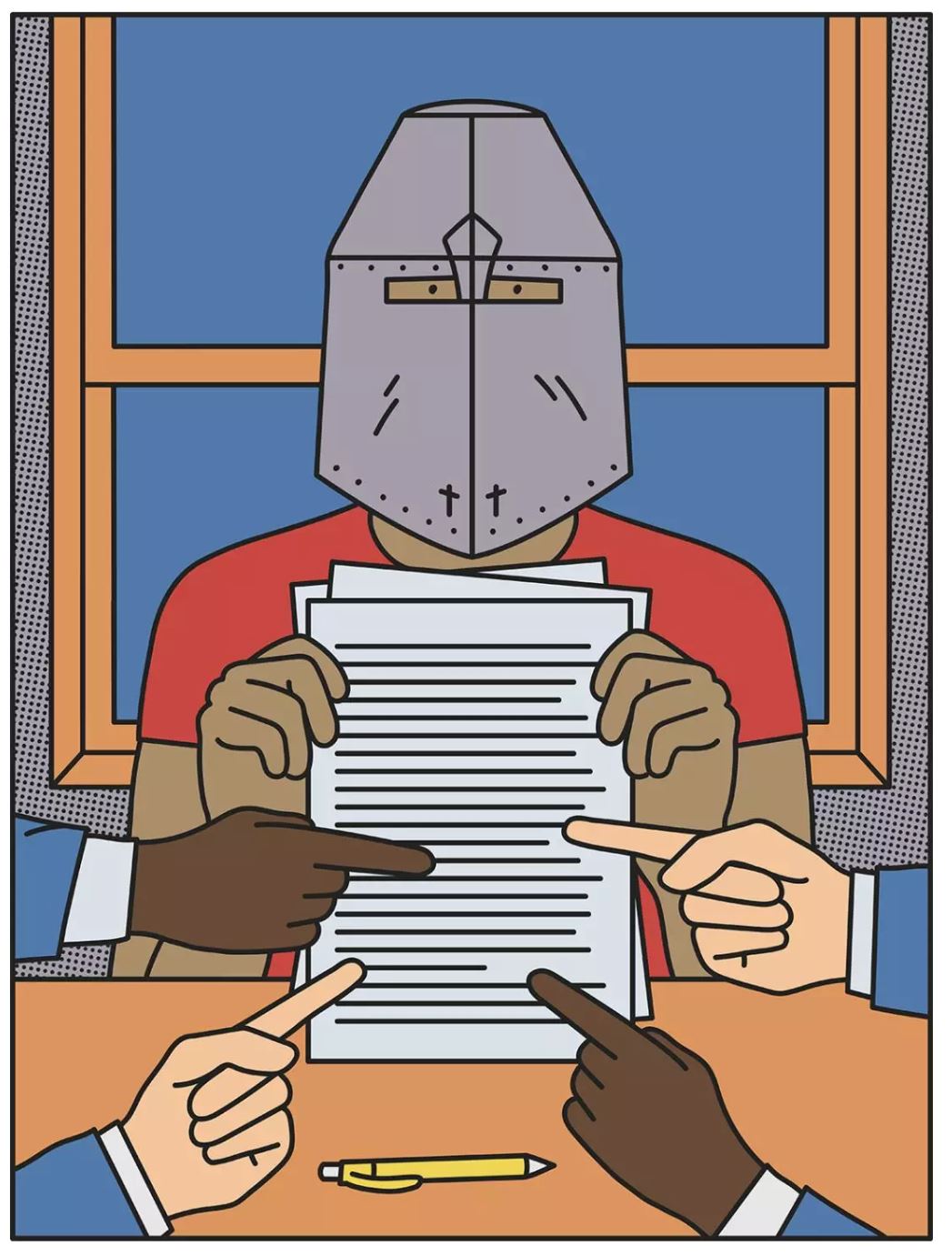
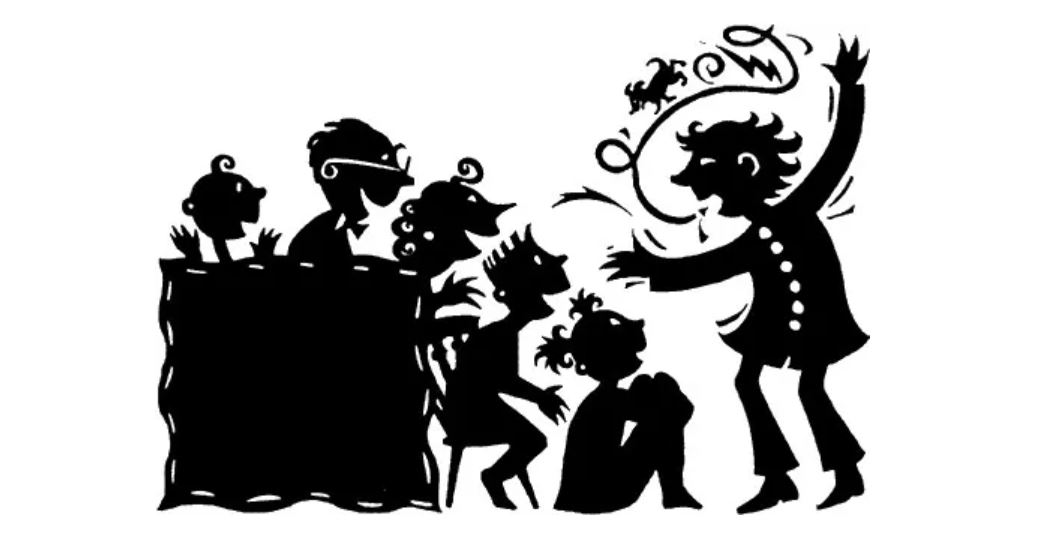
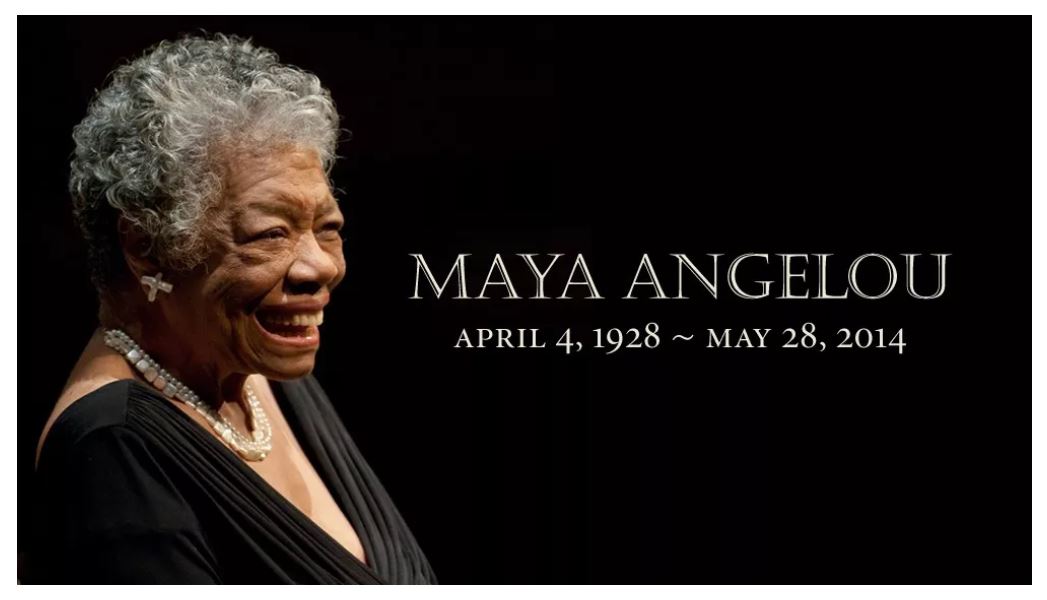
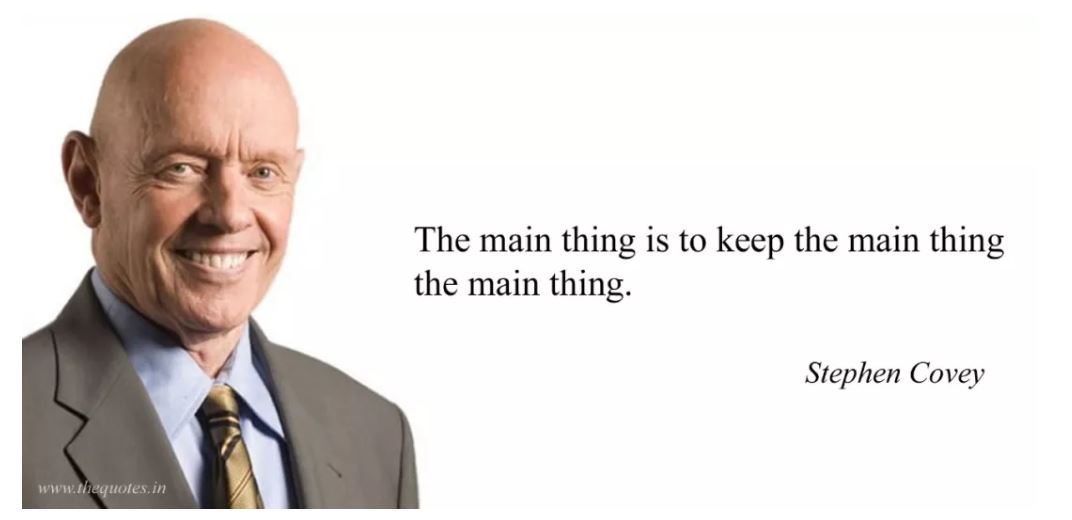
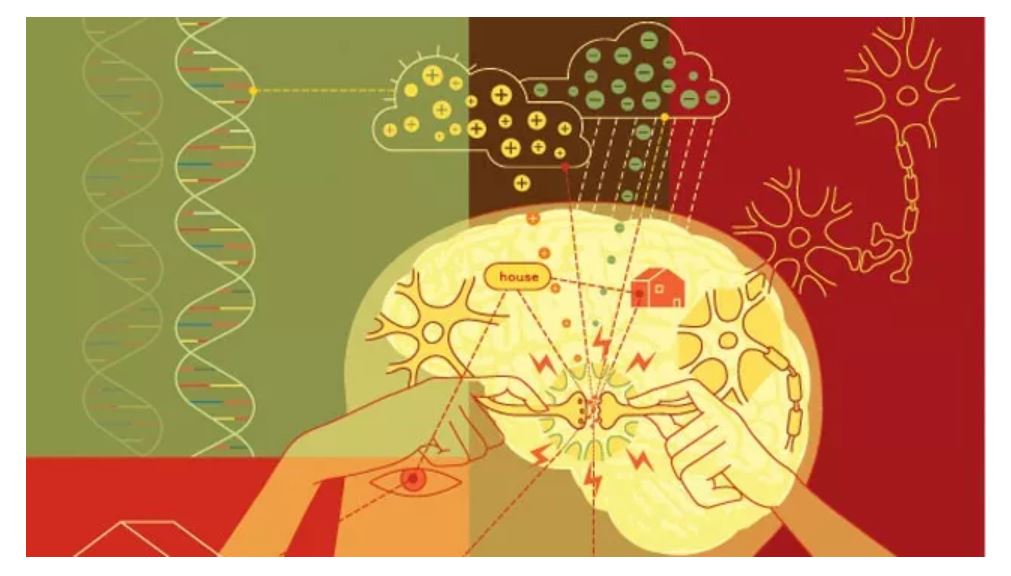
Comments (0)